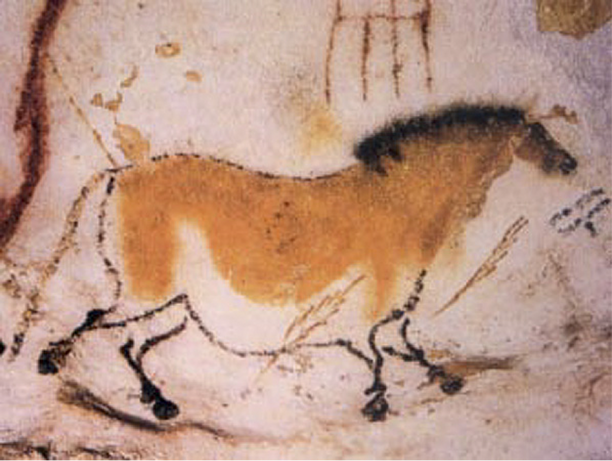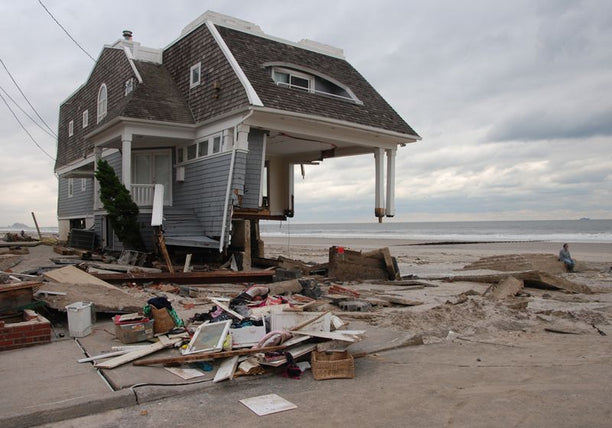
Disaster Communism
In the wake of Hurricane Sandy, New York grassroots groups charted an inspiring alternative to disaster capitalism.

In the wake of Hurricane Sandy, New York grassroots groups charted an inspiring alternative to disaster capitalism.
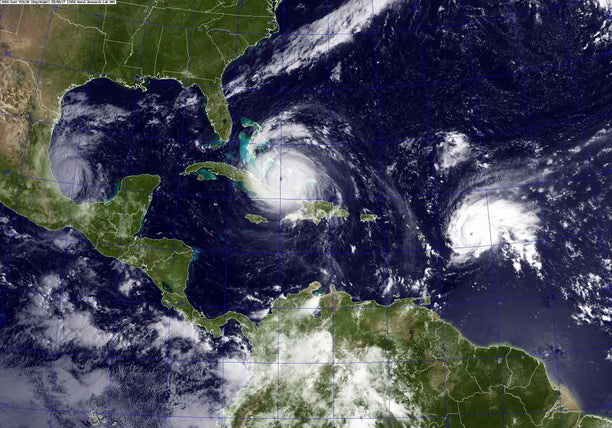
Official assessments radically underestimate the magnitude of warming experienced by city dwellers today. To live in a large city today is to be on the edge of the most rapidly changing environmental conditions ever experienced by humans.
On the five-year anniversary of Hurricane Sandy, Ashley Dawson provides a select list of books and resources for assessing the history and future of cities facing climate change.
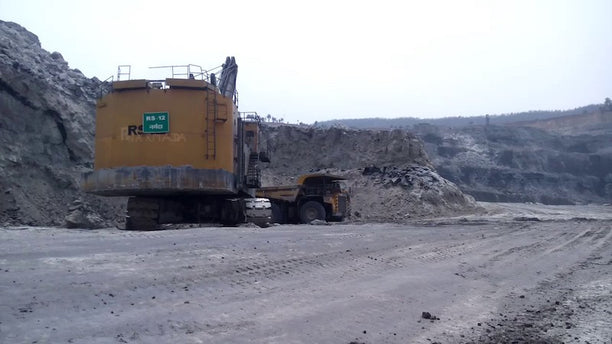
Outside of hard climate science, history should be the preeminent field for the study of global warming.
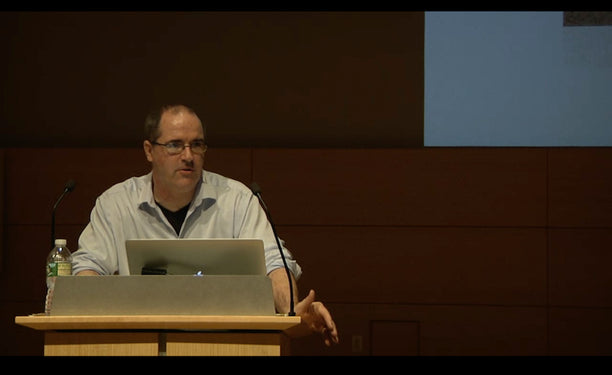
Jason Moore on the origins of the twenty-first century's "distinct, but mutually formative" crises of capitalism and ecology.

In General Intellects, I offer condensed versions of twenty-one leading thinkers across a range of fields. but I did not include figures in anthropology, as I am still working my way through reading in what's going on there. I have been finding some exciting stuff. Elsewhere, I wrote about Anna Tsing and Achille Mbembe and Eduardo Viveros de Castro. Here I offer a critical account of the recent work of Bruno Latour on the occasion of the publication of his lectures Facing Gaia.
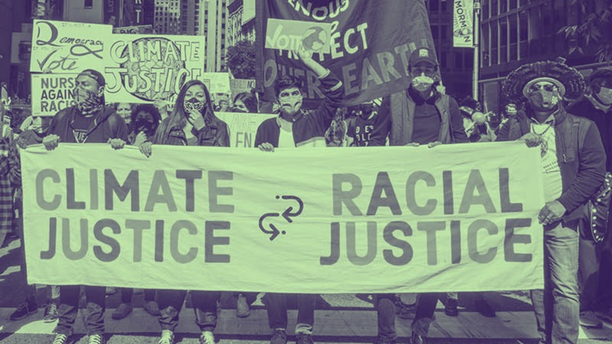
Is the Anthropocene racial?

How can cultural workers respond to climate change? Can the cultural work of responding to climate change be a global conversation? In his latest addition to his General Intellects collection of critical appreciations, McKenzie Wark writes about the novelist Amitav Ghosh's influential lectures on "the great derangement."
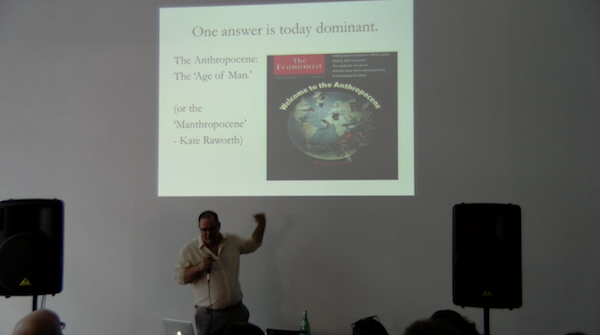
Charting the development of capitalism as a “world-ecology,” understood as a system of power, capital, and nature, Moore shows how the planetary crisis today cannot be adequately understood as a conflict of “humans” and “nature.”
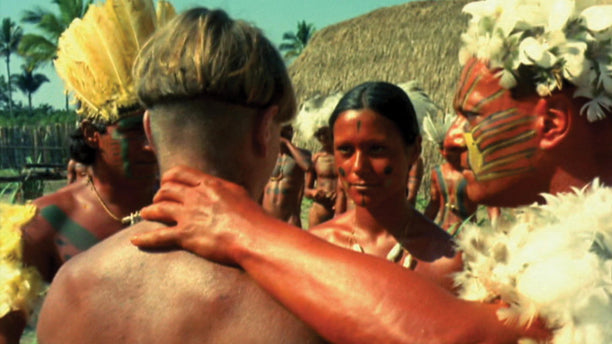
In General Intellects, I offer condensed versions of twenty-one leading thinkers across a range of fields. but I did not include figures in anthropology, as I am still working my way through reading in what's going on there. I have been finding some exciting stuff. Elsewhere, I wrote about Anna Tsing and Achille Mbembe. Here's my report on the work of Brazilian anthropologist Eduardo Viveiros de Castro, author of the brilliant Cannibal Metaphysics, including notes on a recent collaboration with the Brazilian philosopher Déborah Danowski, called The Ends of the World.
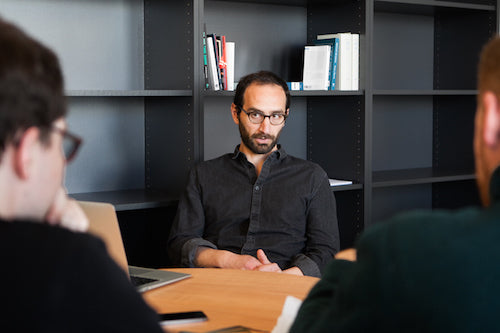

There is a famous line in Lenin saying that "without revolutionary theory there can be no revolutionary movement." That is a very profound phrase. Theory serves for two things: to join together struggles that are apparently unrelated, and also as a compass in periods of crisis. It is what tells you whether in this precise moment you should be smashing up banks or standing in elections.
